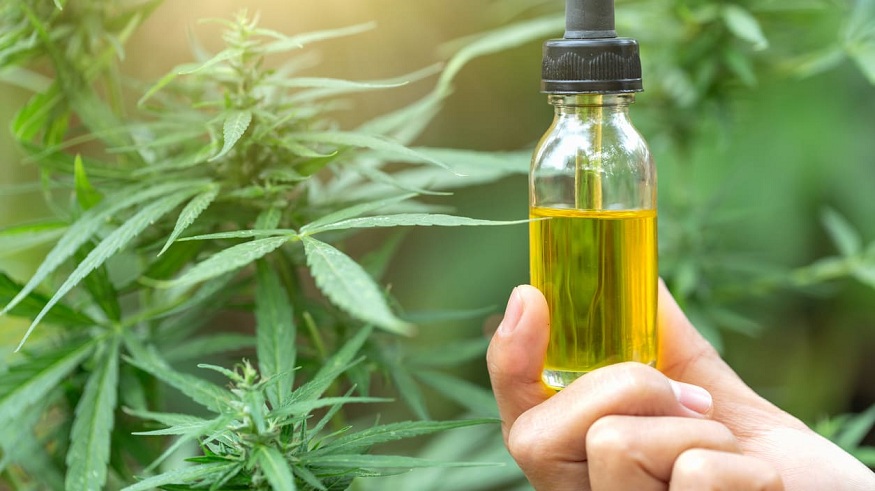India’s attitude on cannabis has shifted dramatically in recent years. What was once considered a taboo subject is now routinely discussed and even accepted in some groups. As mentioned above, the cannabis culture in India is changing, and this article will look into the different facets of THC oil India and its emerging phenomena.
Cannabis: Global trends
Cannabis has been used in the United States for decades, but the market has grown dramatically in the last 15 years. This was primarily due to the opioid epidemic that the United States was experiencing in the late 1990s and early 2000s when big pharma was marketing strong opioid prescriptions to patients suffering from depression as well as pain meds such as morphine. They clearly witnessed a high rate of addiction, health issues, and long-term adverse effects, prompting consumers to look into alternative therapies. Cannabis was the clear winner here, owing to the fact that it met all of the same functions as opioid medication; however, cannabis was milder and had nearly no negative effects. As a result, the cannabis sector in the United States has grown or exploded. Since then, it has grown steadily. The United States is the largest market for cannabis, followed by Canada. Now it has spread to European countries, where cannabis is legal in about half of them. This trend is already spreading throughout Asia, with nations like Thailand becoming legal in recent years, as well as Malaysia, Singapore, and Japan exploring the possibility of opening up CBD, if not the full industry, at least for medical purposes.
Cannabis: Indian scenario
India has a long history with cannabis, and we are the source of Ayurveda. Many cannabis treatments are offered in India through Ayurveda. Cannabis is making a comeback in the county, being reintroduced as a therapeutic elixir that is available to the general public. The regulations around it are still incomprehensible, and people want to amend them. Uttarakhand is a state that is at the forefront of cannabis production and extraction, pushing the boundaries. We have states like Uttar Pradesh, Madhya Pradesh, Rajasthan, and Odisha that have progressive cannabis laws. Some states, like as Himachal Pradesh, are on the verge of modifying their production rules because it is one of the greatest places for producing cannabis naturally and that helps in the favour of THC oil India.
Cannabis: Challenges in India
One of the most important things to grasp is that, while cannabis is integral to Ayurveda, it has not received the recognition it deserves among Ayurvedic students due to regulatory barriers. We observe that the majority of Ayurvedic universities do not include cannabis or Vijaya in their primary curriculum; they lack the necessary exposure, and knowledge of what this medication can achieve, and do not use this plant in their everyday prescription writing. This can be a significant challenge for the industry because cannabis is being reintroduced into the country via the Ayurvedic route, and if Ayurvedic doctors are unaware of this product, how to prescribe it, or how to properly offer it to patients, the cannabis industry will struggle to grow. Furthermore, if doctors do not grasp the medicine as well as they should, we do not receive the appropriate level of credibility. Hempstrol is one such brand in India that offers medical advice to potential customers thus, breaking the boundaries and ensuring people get knowledge about its benefits and thus, one can safely make the purchase of thc oil buy in India from them.
In conclusion,
The emerging cannabis culture in India reflects a complex and dynamic terrain that you should be aware of before purchasing CBD oil in India. Cannabis, which has a long history, has both medicinal and industrial uses. However, it confronts various obstacles, including legislative constraints, societal shame, and a lack of understanding. The future of cannabis in India is both bright and complex, necessitating a multifaceted approach that takes into account legal frameworks, public health, human rights, and environmental sustainability. While opportunities exist, careful and educated decision-making is critical as India navigates this complex and contentious issue.

